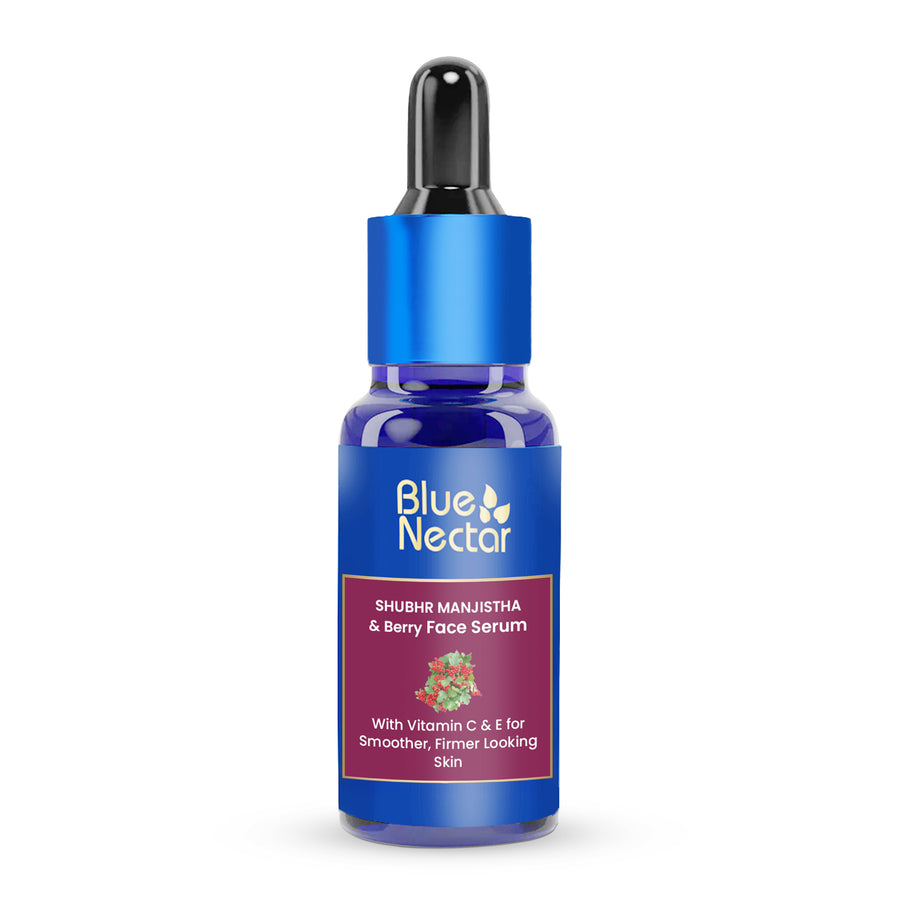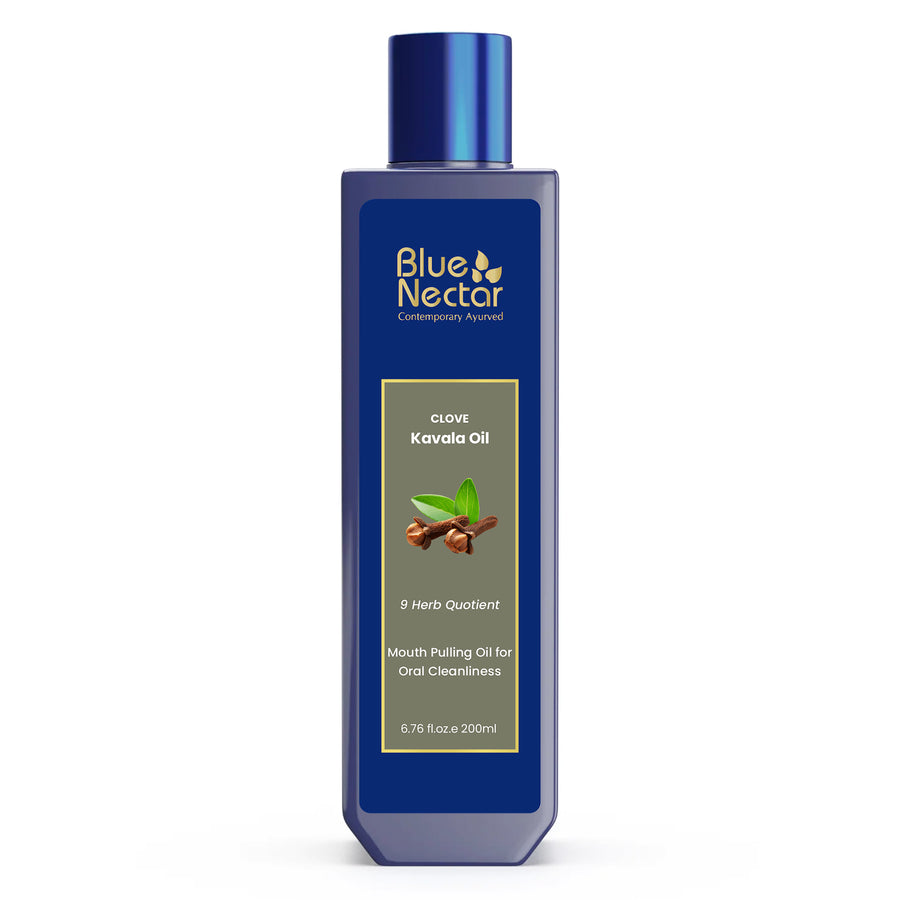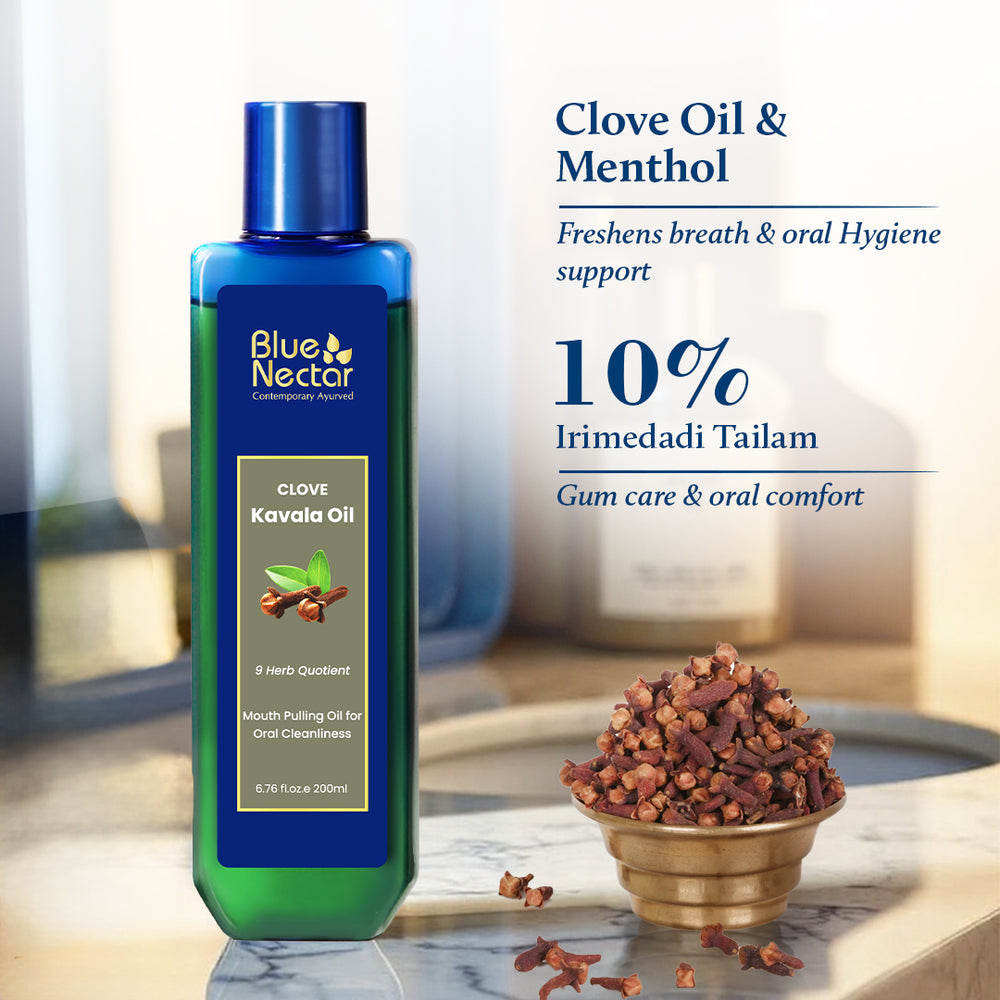Cinnamon Oil in Ayurveda: A Scientific Approach to Arthritis Relief
Arthritis is not a periodic pain; it's a daily struggle for millions of individuals. Morning stiffness and throbbing pain at the end of a long working day are all different signs of joint pain, which can have a considerable impact on the quality of one's life. Traditional medications such as non-steroidal anti-inflammatory drugs (NSAIDs), disease-modifying antirheumatic drugs (DMARDs), and physical therapy alleviate the pain but at a cost. India's 5000-year-old system of healing, Ayurveda, presents a more natural, plant-driven method of addressing joint pain. Of all the herbal remedies, cinnamon-derived pain relief oil is the most notable.
This blog assists you in understanding how cinnamon oil functions as a powerful ally to arthritis relief, bridging ancient Ayurvedic knowledge with contemporary scientific findings.

Understanding Arthritis: What’s Happening in Your Joints
Arthritis refers to inflammation of the joints, encompassing over 100 different conditions. There are 3 most common types of arthritis, which are as follows:
- Osteoarthritis (OA): This is usually due to the wear and tear of the cartilage.
- Rheumatoid arthritis (RA): This is an autoimmune condition in which the immune system targets joint linings.
-
Psoriatic arthritis: This refers to the joint stiffness and swelling.This is mostly in association with psoriasis.
At its core, arthritis results from an interplay between inflammation, cartilage breakdown, oxidative stress, and immune dysfunction. The common set of symptoms includes joint pain, swelling, decreased range of motion, and stiffness, especially in the mornings or after periods of inactivity.
in slowing down the signs of aging. Weight Training or stairs climbing, either in gym or by yourself, that flexes muscles and puts them to work is as helpful as water to a fish. Don't forget that without pain there is no gain.
Ayurvedic Perspective on Joint Disorders
In Ayurveda, pain in the joints is usually diagnosed as "Sandhivata", resulting from a vitiation of Vata dosha and deposition of Ama (toxins).
→ Vata controls motion and neural impulses.
→ Ama is an adhesive, poisonous substance that occurs from inefficient digestion and clogs channels in the body.
When Vata becomes imbalanced and mixes with Ama, it gets stuck in the joints. Thus, it ends up causing pain, stiffness, and cracking sounds. Ayurveda approaches this through detoxification, rejuvenation, and balancing the doshas using herbs, oils, and dietary changes.
Cinnamon, or Tvak, is popular in Ayurveda due to its warm, anti-Vata property.
Cinnamon Oil: Composition and Properties
Based on the sources it is derived from, cinnamon oil is mainly of two types:
-
Cinnamon Bark Oil: It is rich in cinnamaldehyde and possesses a significant amount of antimicrobial and anti-inflammatory properties.
-
Cinnamon Leaf Oil: More eugenol is present, which is analgesic and anti-inflammatory in nature.
Key Active Compounds:
-
Cinnamaldehyde: It inhibits inflammation by blocking cytokine and nitric oxide synthesis.
-
Eugenol: It is analgesic in nature.
-
Linalool: It helps to relax tension produced due to stress.
Cinnamon oil proves to be effective because it has an ability to warm the tissue, increase circulation, and combat inflammation, making it the best pain relief oil when it comes to arthritis.
How Cinnamon Oil Functions Against Arthritis
Cinnamon oil functions at both symptomatic and root levels:
-
Anti-inflammatory action: It suppresses the pro-inflammatory cytokines and enzymes like COX-2.
-
Antioxidant action: It eliminates free radicals that accelerate the process of degenerating the joints.
-
Enhanced blood flow: The warming effect increases flow, bringing nutrients to injured tissues.
-
Pain modulation: Eugenol disrupts nerve impulses, reducing the amount of pain being felt.
-
Transdermal penetration: Topical application is made possible due to the small molecular size, which facilitates deep penetration in muscles and joints.
Scientific research affirms its effectiveness in alleviating swelling and enhancing joint function in human and animal models.

Evidence-Based Benefits of Cinnamon Oil for Arthritis Relief
-
Reduces joint stiffness: Particularly helpful in the morning or after inactivity.
-
Reduces swelling: Frequent and consistent application will help you see a reduction in the inflammatory swelling.
-
Enhances mobility: After frequent users you will also notice an increase in flexibility and the range of motion.
-
Reduces pain intensity: Moreover, there is a noticeable relief from the pain being felt after regular use of 2-4 weeks.
-
Holistic healing: Improves mood and minimizes fatigue connected with the chronic pain.
A paper in the Journal of Emerging Technologies and Innovative Research (JETIR) talks about the anti-inflammatory and analgesic properties of cinnamon oil, making it useful for treating osteoarthritis and rheumatoid arthritis pain relief.
How to Use: Formulations and Application Methods
-
Topical Application: It is advised to always mix cinnamon oil with a carrier oil like coconut or sesame in 1:5 proportion. This helps prevent skin irritation.
-
Massage Therapy: Blending it with other pain-easing oils such as eucalyptus or ginger proves effective for combined action.

-
Warm Compress: Follow with the oil blend, then wrap with a warm cloth to stimulate penetration.
-
Ayurvedic Formulas: Expressed as being a part of proprietary formulations such as "Sahacharadi Thailam" or "Mahanarayana Thailam".
Warning: Cinnamon oil is powerful. Always patch test and stay away from open wounds or sensitive skin.
Complementary Ayurvedic Practices for Joint Health
-
Internal Herbs like Guggulu, Shallaki (Boswellia), and Ashwagandha help in supporting the repair of joints.
-
Panchakarma Therapies like Basti (medicated enemas) and Abhyanga (oil massage) should be done.
-
Diet should consist of warm, easily digestible food. Skip cold, processed, and fried foods.
-
Daily rituals: Dinacharya such as oil pulling and dry brushing should be done to boost circulation and lymph flow.
Scientific Daily Lifestyle Interventions
-
Anti-inflammatory Diet: Foods rich in Omega-3, turmeric, ginger, and leafy vegetables.
-
Exercise: Low-impact exercises, such as swimming, yoga, and stretching, can be done.
-
Sleep & Recovery: Deep and restful sleep facilitates the balancing of inflammatory markers.
-
Stress Management: Breathing exercises and meditation reduce cortisol, which further reduces inflammation.
When to Consult a Doctor
While cinnamon oil is a powerful natural remedy, it's not a standalone cure for advanced arthritis. If:
-
There is sudden or severe swelling of the joints.
-
Pain becomes a hindrance in daily life despite using persistent natural treatments.
-
You have a fever, weakness, or joint deformity.
An integrated technique involving Ayurveda and allopathy will mostly provide optimal results.
Conclusion
Cinnamon oil is not only a spicy-smelling kitchen panache; it's a scientifically proven pain-relieving oil that combines ancient tradition with the best of modern healing. With its anti-inflammatory, antioxidant, and circulation-enhancing properties, this oil is a healing gem in any arthritis relief regimen. Used by itself or combined with other Ayurvedic oils and herbs, cinnamon oil can be a soothing, healing hug in your journey towards pain relief.
Remember: recovery takes time, patience, and sometimes a combination of methods. But with nature working in your favor and science as backup, relief is always at hand.






















Leave a comment